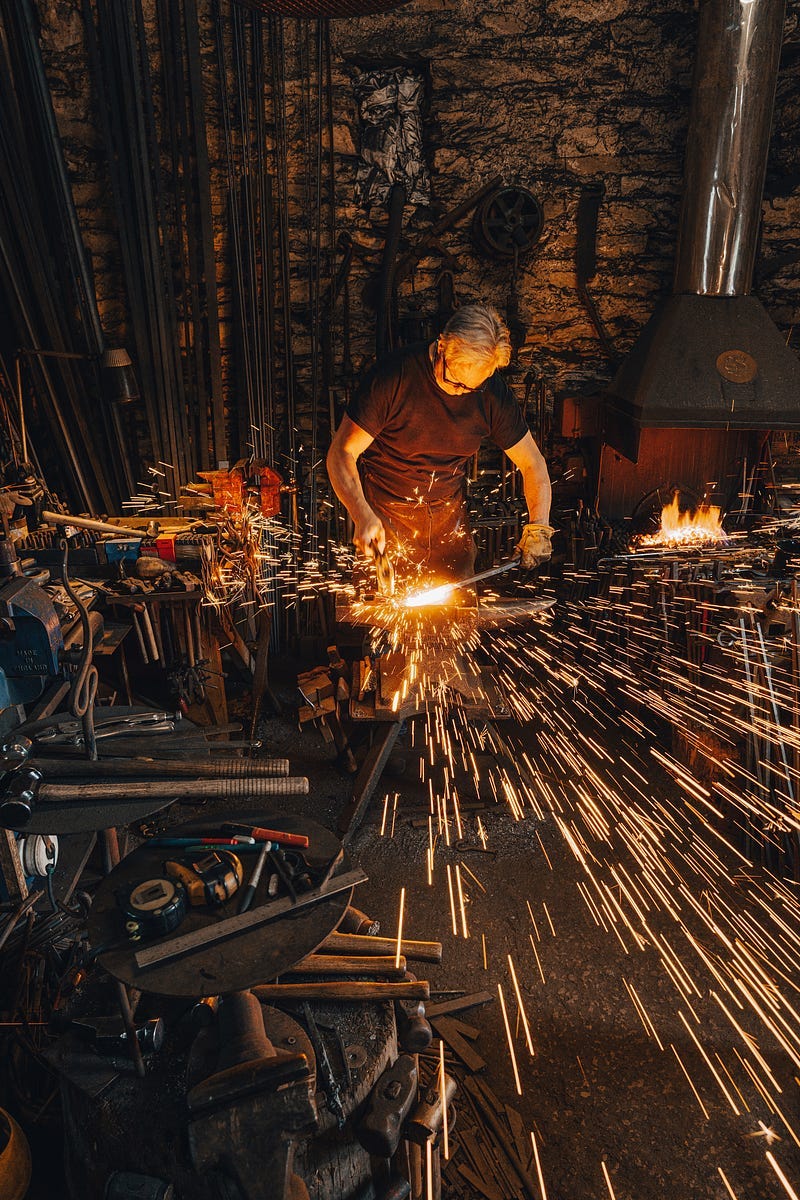Did History Happen?
While history allows you to peak into the past; you can never really see it. Why bother?

Historians utilize heuristics to forge accounts of the past.
All history is forgery.
Historians rely on heuristics (tools/strategies) to make sense of past events. Different heuristics have dominated the historian’s craft at distinct times. Historians have used different methods to make sense of the past. The method they employ affects the sources they consider and their analysis. These approaches can be used to explain a wide variety of historical events.
Historians can utilize different heuristics to forge accounts of the same events. Sometimes they disagree with each other because they either rely on different evidence or they interpret evidence differently.
Why should we think of history as forgery?
Historians use evidence to explain the past. Historians cannot possibly examine all sources. Some sources no longer exist; others haven’t been found. And in most cases, there are simply too many sources. Artifacts exist but without analysis they are meaningless.
Historians must beat facts into shape to create a sense of order out of all the evidence and sources they have collected. Given that there are too many sources, they must choose which ones to examine.
The historian is thus like the metallurgist who, through skill and effort, takes selected pieces of metal (sources) to create products (narratives).
There are intriguing similarities between metallurgy and history. Both the historian and the metallurgist can select the materials they work with. They both can employ different techniques. When we argue that historians forge narratives we mean that they are attempting to create a forgery of the past. A forgery is a copy of the original. Good forgeries are almost indistinguishable from the original.
But, they are not the original.

Historians, like everyone else, are products of history and thus cannot find a vantage point outside of their context from which to observe the past. Historians can only use those explanations they find believable. Let us imagine a historian living before the development of germ theory. This historian, like anyone else at that time, would be unable to use this theory to explain events. Their work reflects their interests and the concerns of the time in which they lived. All history is forgery because the historian forges a narrative. They select which sources to use and how to analyze them. These heuristics often assume which factors drive history (for example: economic, geographic, social).
We are unable to recreate the past.
This is not to say that history is fiction — forgeries in history, like those in art, can differ in quality. Some are better than others.
Historical narratives resemble the past but they are not the past.
Authors: Christian Orlic & Lucas Heili
Christian developed this analogy while writing an essay for a masters degree at Teacher’s College (Columbia University). Lucas and Christian produced this text by revising an essay Christian wrote.
Originally published on Medium




